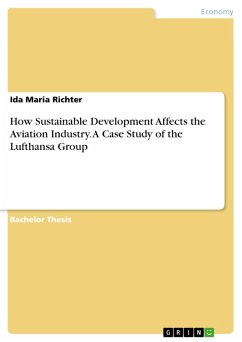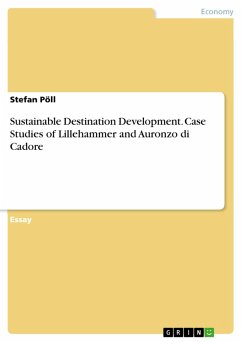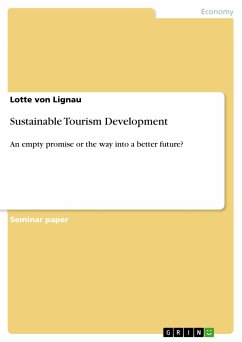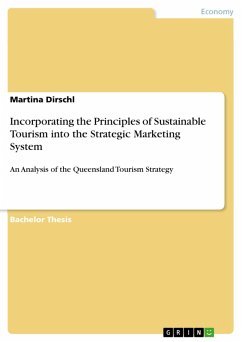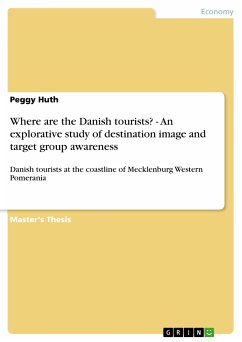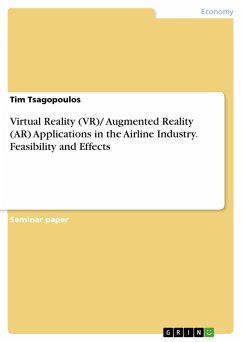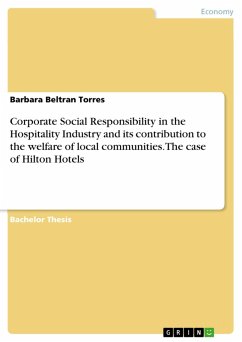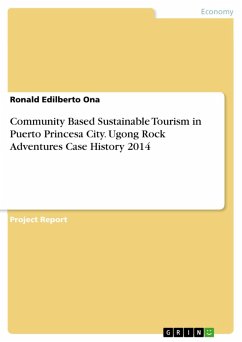Bachelor Thesis from the year 2020 in the subject Tourism - Miscellaneous, grade: 1,5, Cologne Business School Köln, language: English, abstract: This bachelor thesis will firstly define the term sustainability and explain what it consists of according to the Triple Bottom Line Model by John Elkington by doing a systematic literature review. Furthermore, a closer look into the airline industry will be taken to analyse which challenges and possible opportunities carriers have to face during this significant transformation. While focusing on the research question 'to what extent is the Lufthansa Group adapting to the sustainable change?', the Lufthansa Group will serve as the case study of this thesis to gain a deeper understanding of not only the theoretical elaboration but also the practical implementation of the Paris Agreement of Climate Change. This analysis will firstly work out existing definitions of sustainability and sustainable development, which will be presented in the first chapter. Moreover, a small digression into sustainable tourism as a whole will be made, which serves as a transition to the main topic of this bachelor thesis: sustainability in the airline industry. The theoretical framework of this paper will be the Triple Bottom Line Model by John Elkington. This model defines sustainability depending on three main pillars, which form the components of the term. Moreover, based on different political statements and reports, such as the Paris Agreement of Climate Change, as well as on statistics that prove not only the existence of global warming but also its consequences, the importance of this elaboration will be once more underlined. In the end, balance and annual reports, which are placed at the disposal of the Lufthansa Group, will serve as the relevant data for analysing the application of the theory to the case study with the focus on the economic and social components.
Dieser Download kann aus rechtlichen Gründen nur mit Rechnungsadresse in A, B, BG, CY, CZ, D, DK, EW, E, FIN, F, GR, HR, H, IRL, I, LT, L, LR, M, NL, PL, P, R, S, SLO, SK ausgeliefert werden.

